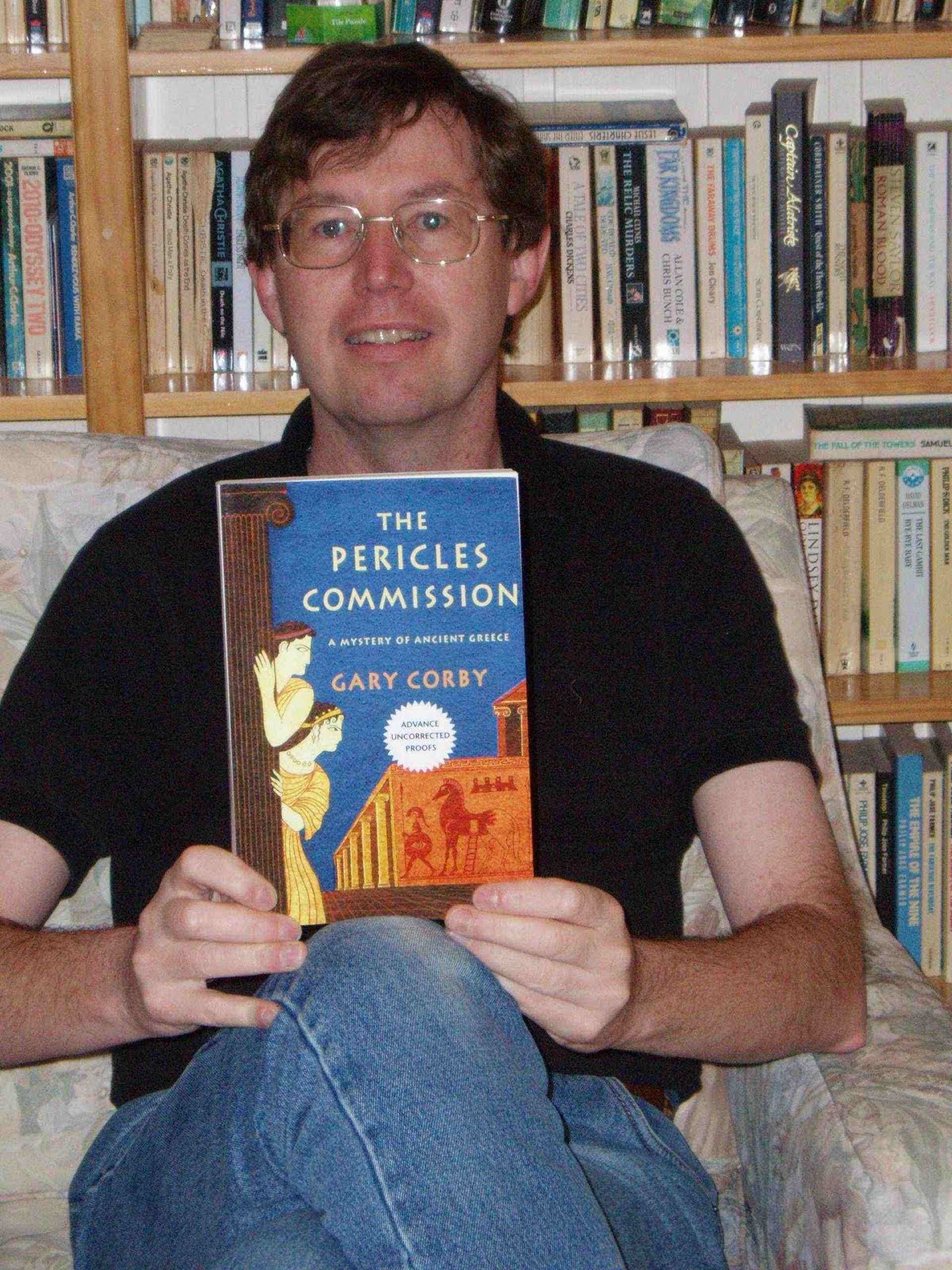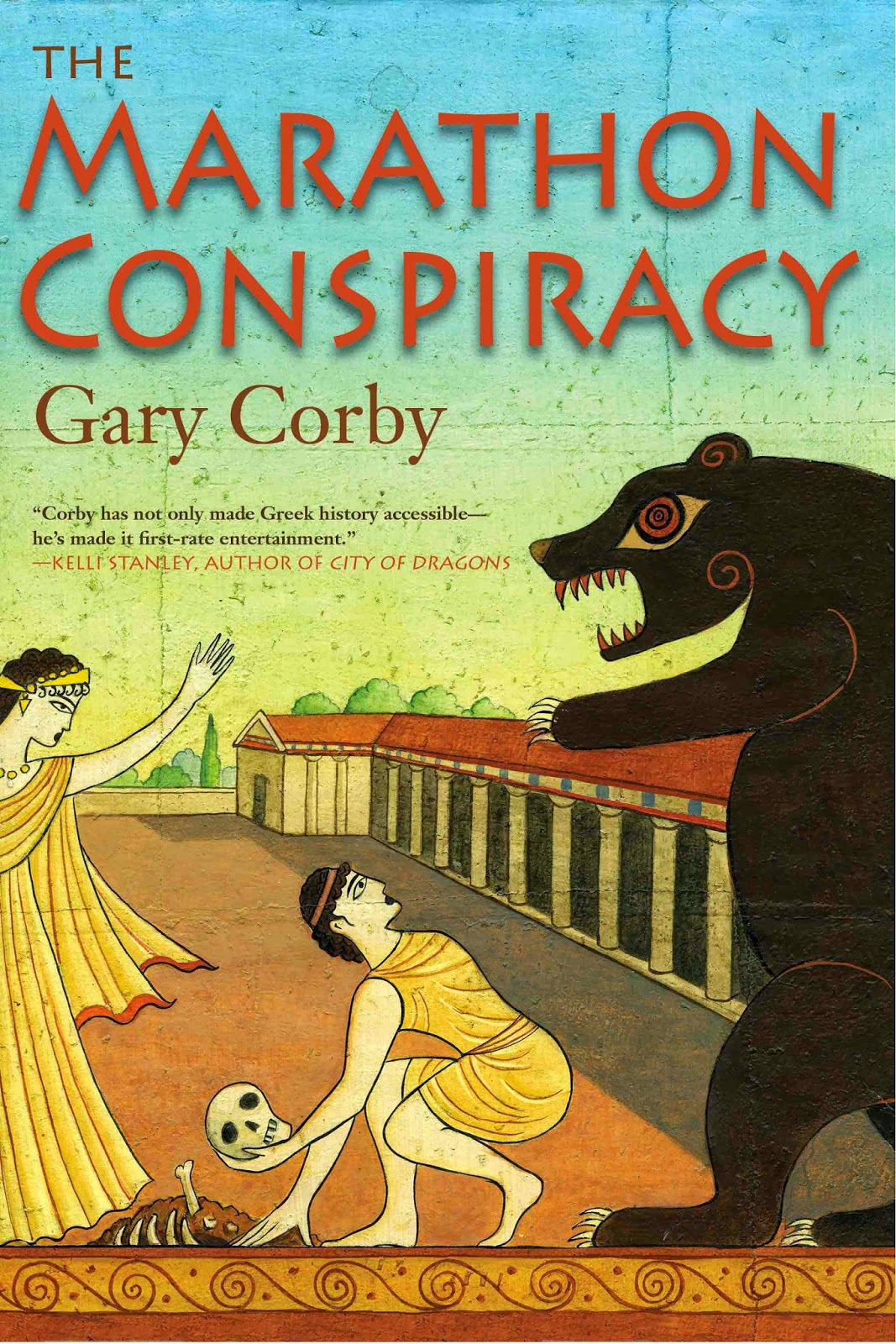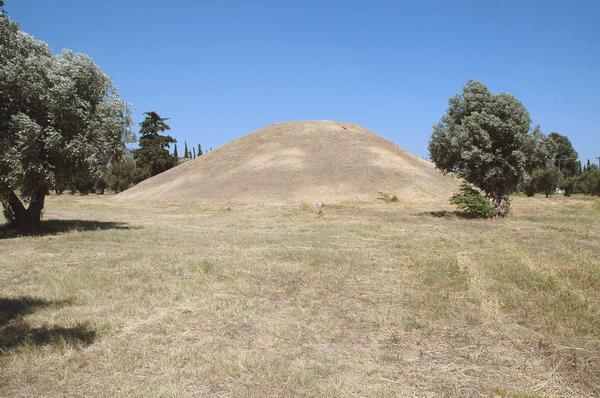Another winner from this Sydney University graduate in Ancient History.

Nicolaos (Nicos) and Diotima find more trouble to get into with a very young and very annoying Socrates in tow. Will he never shut up! (We all know that answer to that now. Prattling away on his deathbed.)
This is volume four in the series, which began with ‘The Pericles Commission’ (2010), and this one closes with a teaser for the next installment. Hooray!
These are krimies for time-travellers. They are set in the world of Pericles, Themistocles, Aeschylus, the greatest generation of Greeks who turned back the mighty Persian Empire, not once but twice. Pericles in these stories is a young man on the make, and he suborns the even younger and far more naïve Nicos into his service as messenger, go-between, agent, spy, and detective, while keeping him at arm’s length in case anything goes wrong! Nicos brushes with the great but, as in this case, spends his time following bear droppings in the woods.

The touch is light, the history is real but measured out to amuse not choke by showing how much the writer knows, the characters are human beings and not ciphers or stereotypes, and Nicos’s realization that all is not what it seems, is always fun.
In this volume we learn about the education of highborn Athenian girls, how divorce works (and how it is best avoided), the limits on the husband’s rights over a wife, while seeing that Socrates was a pest right from the start. We also find out a lot about that battle at Marathon, a site I saw in 2007. It is always good to have Diotima your side, she is a dab hand with a bow and arrow, but even better to have a huge bear on your side. This is what Nicos learnt this time out.
The 192 Greeks who died at Marathon were buried in this mound which I saw in 2007.

Readers of the early Platonic dialogues will know that in the ‘Symposium’ Socrates credits Diotima with much of his education. Now we know why! She, by the way, is the only woman named in all the Platonic dialogues.
Skip to content
